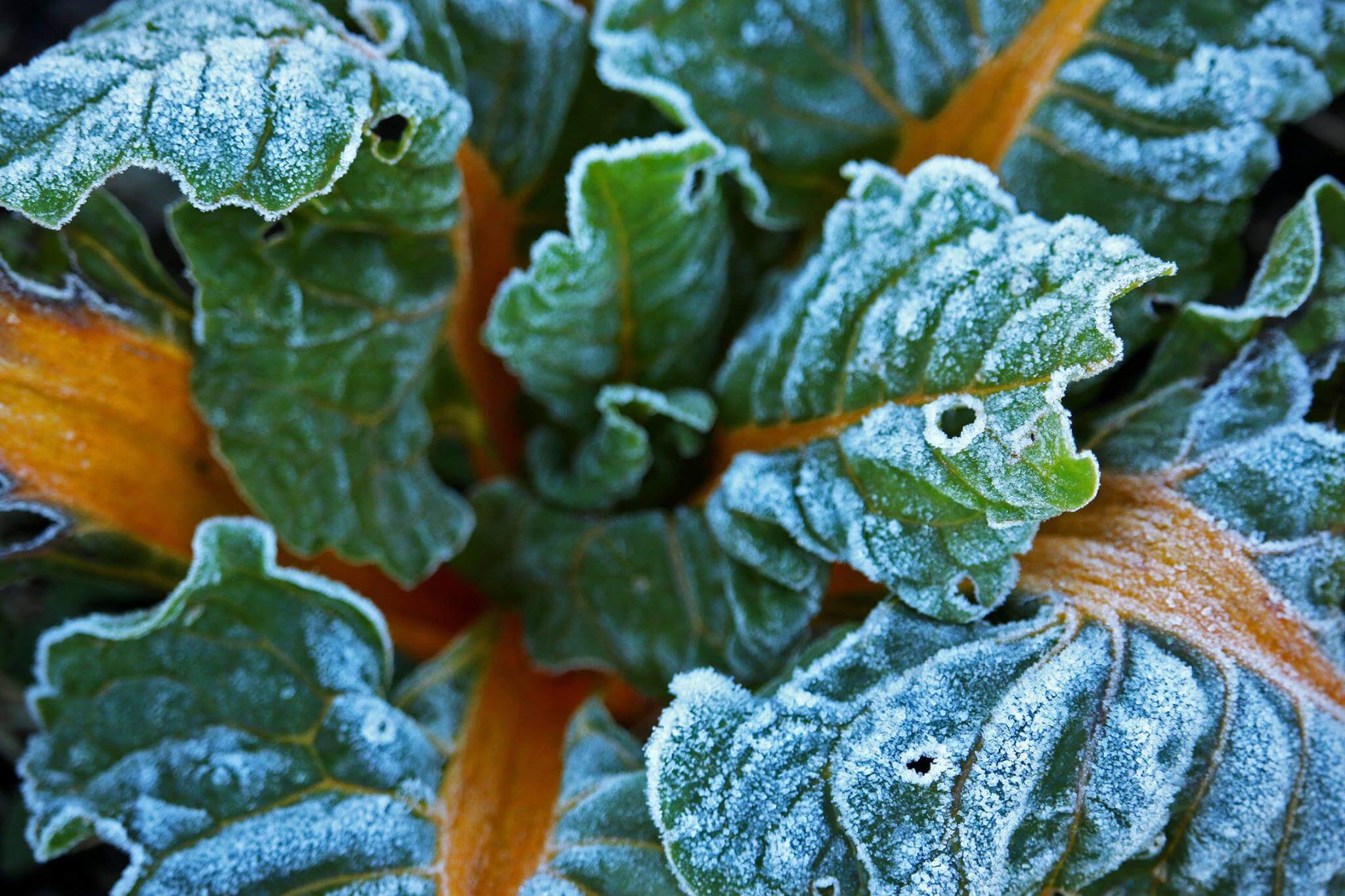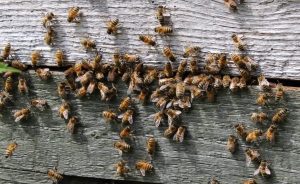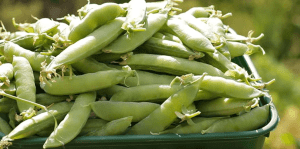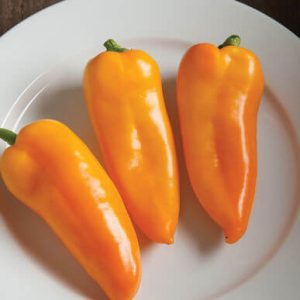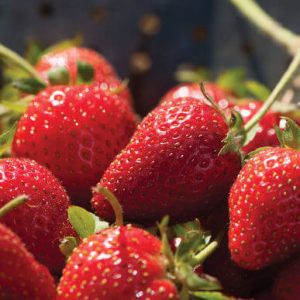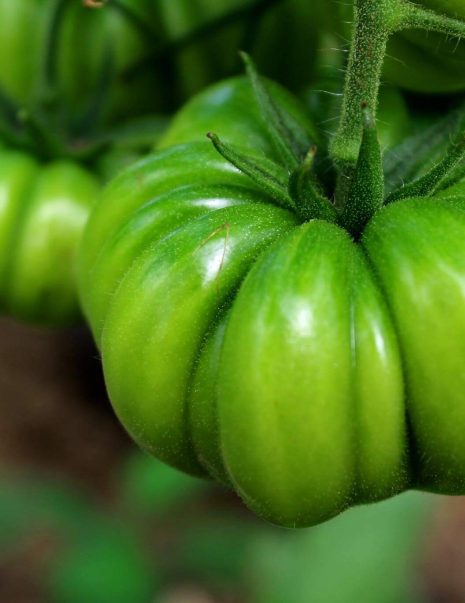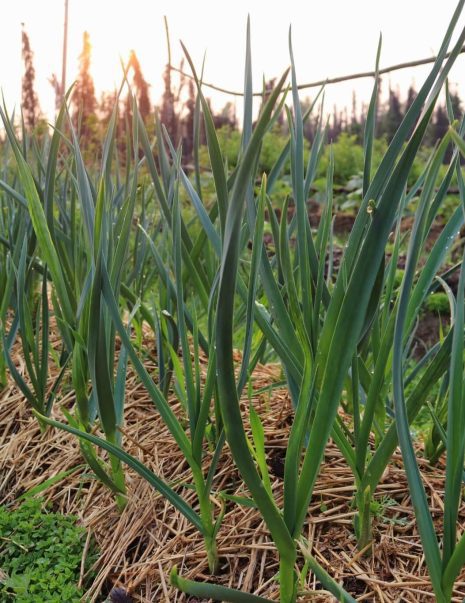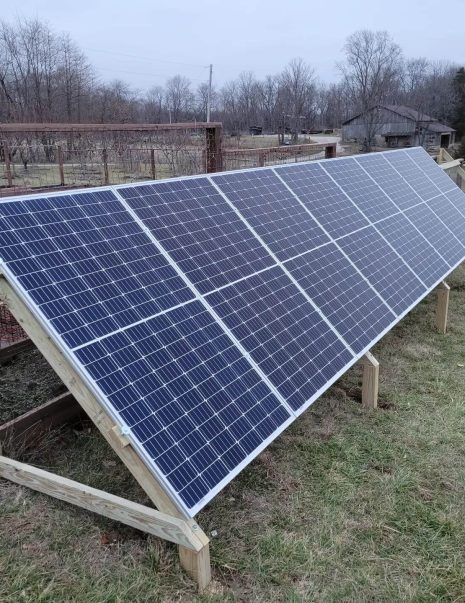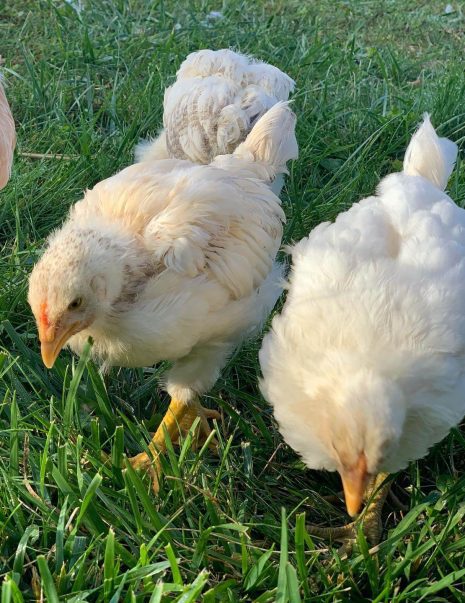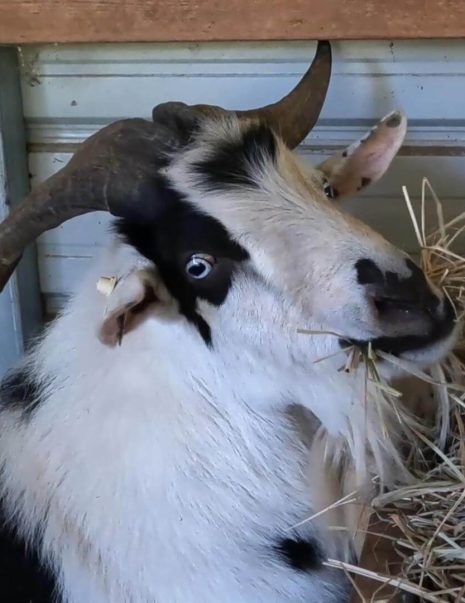As the world population continues to grow exponentially, the pressure builds on farmers to find alternate and more sustainable practices for their farms. Organic farming is a more natural option for raising crops and livestock using less inputs compared to conventional methods.
#VegetableFarminNewBrunswickCanadahttps://t.co/TwU4jJv0X0
— Maple Garden Farm (@MapleGardenFarm) May 15, 2023
As the push continues for higher yields, more petroleum-based fertilizers and pesticides are being used on the crops. Heavy reliance on pesticides can cause plants and insects to become resistant to them, which leads to heavier pesticide use and the cycle continues, not to mention the damage these substances have on animals higher up the food chain.
Organic farming focuses on working more with natural systems, such as more diverse crop rotations, green manures, cover crops and companion crops. These practices all help to balance nutrients in the soil, introduce more nutrients without using fertilizers, and build soil life and structure.
Farms that are organic can be part of a more complete nutrient cycle using both crops and livestock together. Organic livestock production can be more sustainable by using grazing systems which is a lower cost production method compared to confinement systems.
Today’s farming practices rely too much on non-renewable resources and may not be sustainable in the future. As these become more expensive, another system will have to be adopted. I feel that organic farming can be that system.
